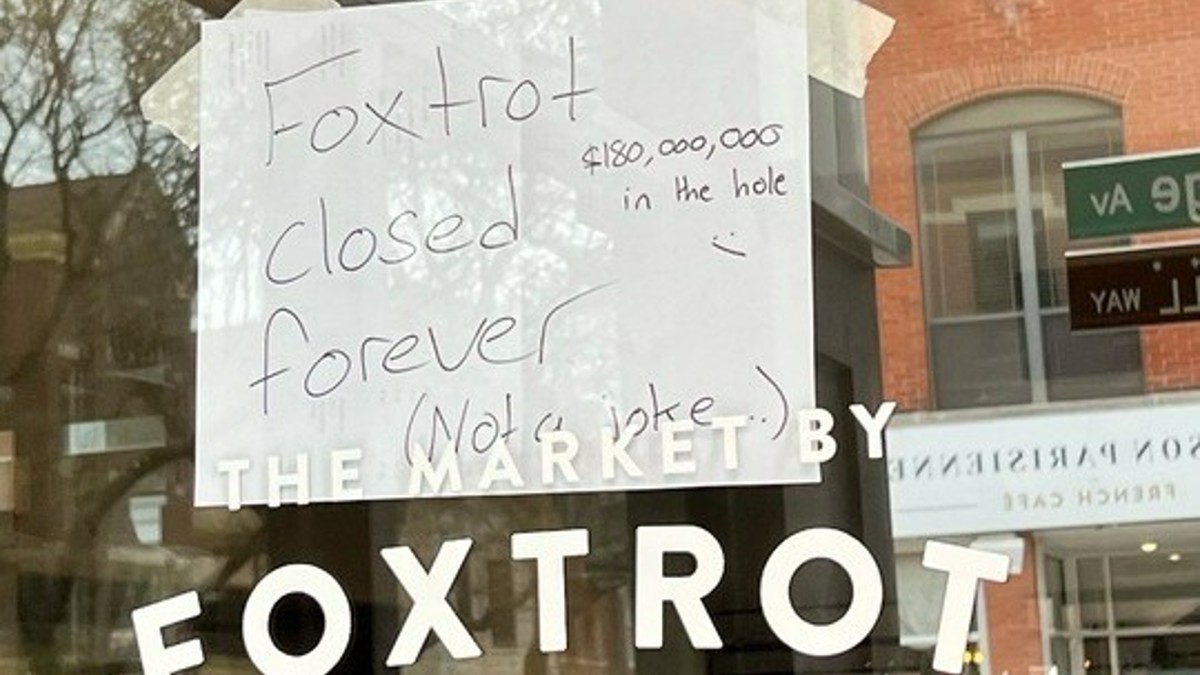Lawmakers responsible for drafting the Texas budget have long been known as creative writers, and when it comes to health care spending, this year is no exception.
Since January, the Legislature has wrestled with a $27 billion shortfall to pay for existing state services. Health care and education dominate state spending, so that's where legislators went to find savings. It now appears health care will take the brunt of the cuts, about $10 billion worth.
The most creative move was a House and Senate conference committee's decision to simply not fund the $4.8 billion in new Medicaid demand expected over the next two years and address the issue in the 2013 session. The Legislative Budget Board, which is responsible for crunching the numbers, made sure lawmakers knew what they were doing.
"It is our estimate that with these funding decisions, the bill is short $4.8 billion in general revenue, as compared to our staff's forecast (of growth in demand for Medicaid services)," Wayne Pulver, one of the board's assistant directors, told the committee Monday night.
Texas legislators are in a tough spot. They are required by the state constitution to pass a budget that only spends the amount of money the comptroller says is available over the next two years. One way to meet that requirement is to ignore federally required spending, a move lawmakers deride as "kicking the can down the road."
The money will likely run out about the same time the Legislature comes back for the 2013 session and they will deal with the shortfall then. This is not unprecedented: Lawmakers typically fund Medicaid at a growth rate that is too low, knowing they'll have time to fix it in the next session.
The problem with cutting Medicaid is that the federal government matches each dollar the state spends with two dollars; so cut one, lose two more. Texas will spend roughly $21.7 billion in general revenue on health and human services over the 2010-11 fiscal years, according to the budget board. Federal matching funds over that period total about $42.2 billion.
Local
The latest news from around North Texas.
That money helped treat 4 million Texans, including poor children, the elderly and the disabled who require assistance.
State agencies asked for $31 billion in general revenue to maintain the current level of services over the next two years, but lawmakers will likely only give them $21 billion. Hospitals will see their reimbursement rates for Medicaid patients cut 8 percent, early childhood intervention will lose $40 million and the Federal Women's Health Program will be eliminated.
Lawmakers have also slashed programs to make sure the state is prepared for natural disaster or epidemics and funding for HIV and sexually transmitted disease prevention, while abstinence education remains fully funded. Chronic disease prevention has been cut more than 50 percent and family planning funding may be cut 80 percent, according the budget board documents.
To pay for the programs that are left, the Legislature has made it a priority to capture the maximum number of federal dollars while spending as few state dollars as possible.
Federal money often comes with federal regulations that set minimum standards of care the state must provide, guaranteeing the money is spent as intended. One way to get around those regulations is to request a waiver to try something different, like hiring private companies to manage care the way big health maintenance organizations do.
In the health and human services budget compromise, lawmakers calculated they could save $700 million by getting another federal waiver. Democratic state Rep. Sylvester Turner, one of the House's top budget experts, questioned whether the state should assume a waiver will be approved.
"Can you give me the likelihood of that occurring?" Turner asked.
None of the five budget board staff members at the meeting could answer.
"Since $700 million of this is in the budget ... is it real, or hopeful?" Turner asked again.
"The $700 million, in your vernacular, is a hopeful number," state Rep. John Zerwas, R-Simonton, eventually answered.
Turner said he was concerned that much of the forecasted savings in the budget was based on wishful thinking. Zerwas said roughly $1 billion of the budget was based on projected savings from changing how Medicaid is delivered, not actual revenue and far from guaranteed.
"How do we make up the difference if the savings are not realized?" he asked rhetorically. The unspoken answer is the state runs out of money and has to find it somewhere.
The state got into this budget mess because the business tax routinely fails to bring in as much money as expected. The 2009 recession made matters worse. In 1987 the Legislature created a Rainy Day Fund to cope with these crises, but conservative lawmakers refuse to tap the $6.6 billion that is projected to be in the account by 2013.
Lt. Gov. David Dewhurst on Tuesday said he wanted to preserve the majority of the Rainy Day Fund, in part because not enough money was set aside for Medicaid spending. He did hold out hope that the state could cut costs in the long run by hiring private insurance companies to provide state health and human services and changing reimbursement formulas.
Democrats who'd rather pass a comprehensive budget this year are frustrated.
"I had wanted us take responsibility for properly funding our seniors, nursing homes and children in need of health services," said Democratic state Rep. Mike Villarreal, who serves on the Appropriations Committee. "Underfunding Medicaid is just an accounting trick to put off to the next generation of Texans the challenge of getting our financial house in order."



